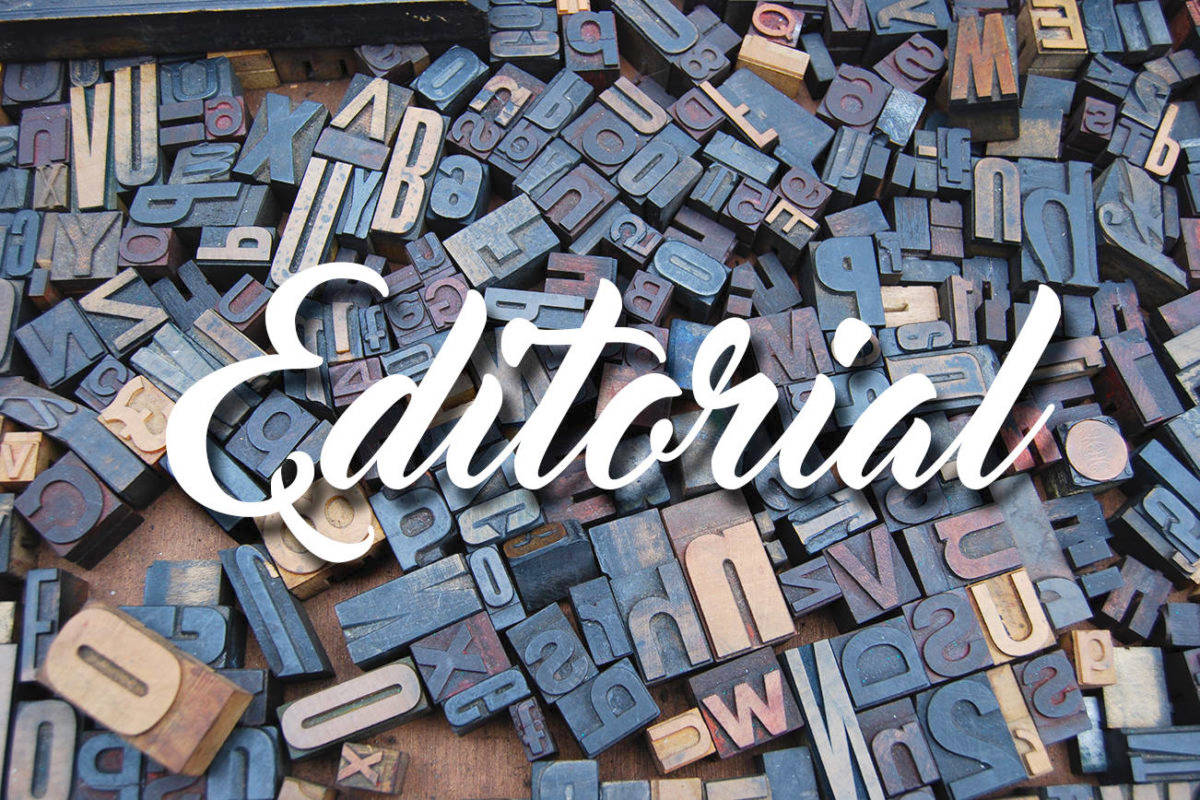By Diane Craig
Sounder contributor
Like many Americans, I’ve been trying to process last Wednesday’s assault on the United States Capitol in Washington, D.C. Images of American citizens breaching the halls of Congress, ransacking legislative offices, shouting threats of great bodily harm to the vice president and members of Congress were unbelievable, unsettling, frightening and incredibly sad.
Citizens who have thrived on a diet of untruths, exaggerated falsehoods and contrived grievances decided this was their moment to “take back their government, their country, their America.” Encouraged by the lame-duck Commander-in-Chief, hundreds of the President’s supporters broke through barricades, busted windows and bullied their way through the hallowed halls of America’s seat of democracy intent on making themselves heard. Their message? The 2020 presidential election was stolen from the rightful winner — Donald J. Trump — who, prior to the violation of the capital, bellowed his belligerent claims of fake news, a stolen election, a landslide win, and a refusal to transition peacefully. (And yes, I realize he backtracked in an after-the-fact video, a backtrack he allegedly regrets.)
It was all incredibly surreal and the images forced me to take a look at how I feel about my country, about the United States of America. Where was my deep sadness coming from? Why was I at the point of tears most of the damn day, and since?
Understand, I’ve never been a rah-rah American. Yes, I love my country and the democratic experiment it’s been tweaking since the 18th century. I appreciate the branches of government, its emphasis on a balance of power and a system of checks and balances. I respect the power of the vote, a responsibility that let’s each of us choose the person we believe will best represent us at the nation’s round table and continue the work of perfecting this experiment in democracy, and on the global stage telling our story and touting our successes. And I believe in the power of the press and the First Amendment and the necessity of an informed citizenry.
I am, however, a child of the 1960s, raised under post-war Americanism, schooled in duck and cover and shaped by the Civil Rights Movement, the Vietnam war, Watergate and political assassinations. I protested the draft, marched for migrant labor rights, became an advocate for justice for people of color and a vocal proponent of women’s rights. My civic responsibility was forged by a deep sense of faith, justice and a profound desire for change.
While I believe in our democratic experiment, I do not believe in “my country, right or wrong.” To do so, would mean I accept slavery, genocide, nuclear weapons of war, segregation, and denying American citizens the right to live where they choose, and marry whom they love. I am embarrassed by our history and hang my head in shame at our historical treatment of its citizens. From the country’s original inhabitants, to those who seek refuge in a nation that prides itself in possibility, to decades of Jim Crow violence, I have seen and studied consistent distrust of “the other.” Whether an immigrant family fleeing violence, a transgender child seeking a safe environment, a Person of Color jogging through a neighborhood, or a journalist covering a protest, it seems our ideals of justice and fairness increasingly take a back seat to anger and suspicion.
In recent years, our shared vision of a “light on the hill” has been clouded by animosity, by mistrust and a belief system that seems to see the worst in everyone. Our idea of leadership has devolved into admiration for a bully, and loyalty to an ideology that promotes connivance instead of transparency.
In the aftermath of the Jan. 6 insurrection, President-elect Joe Biden invoked the better part of who we are as a country. Speaking of the violence that, as of this writing, has claimed the lives of six people, Biden said, “This is not who we are. We are better than this.”
I want to believe we are better than that, and that the kind of violence we saw last week won’t be our future; that we are a nation of caring people capable of turning the other cheek and joining together in a shared vision for the future — an uncertain future to be sure, but a future that, when faced as one, can create a viable, expansive community that benefits and supports each and every one of us.
I want to believe that, I do. I want to continue to believe that this great experiment in democracy will survive. For years, I’ve been anxious that our system of checks and balances will not hold; that those who may want to undermine who we are will find ways to subvert the system, turn it against itself and render impossible America’s bedrock ideals of equality and truth.
Yet, against the backdrop of last Wednesday’s violence, anger and attempts to subvert the process, the system held. The election was ratified and our elected officials remain unscathed.
If anyone understands the importance of working together, it’s us islanders. When the going gets tough, when differences of opinion threaten to tear us apart and pit neighbor against neighbor, we understand that we are stronger together, no matter our politics.
Let’s hope the rest of the country understands that before it’s too late.



